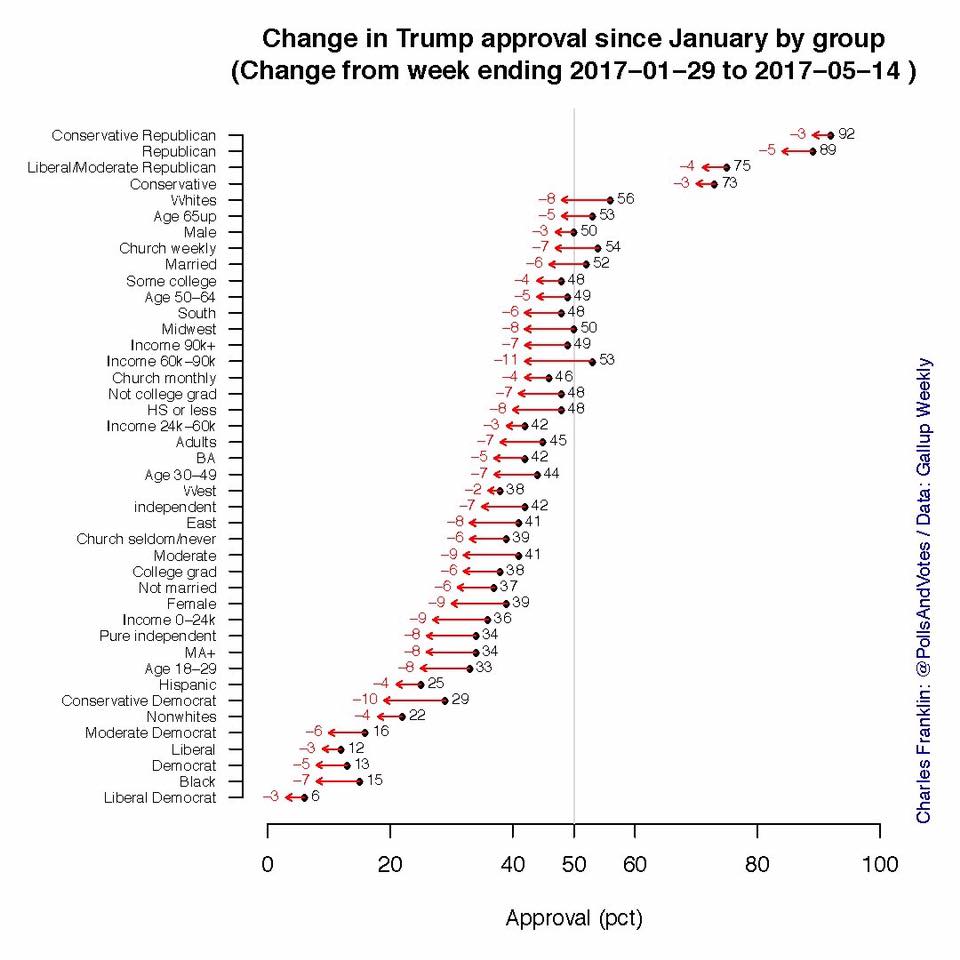Judge Richard Leon’s decision that the failure to scrutinize the potential impact of Metro’s stagnant or declining ridership on the Purple Line requires a supplemental environmental impact statement (SEIS) has been controversial to say the least. But what is the likely long-term impact on the light-rail line’s future?
The Purple Line faces a number of hurdles at this point, so let’s examine each in turn.
Rest of Judge Leon’s Decision
Judge Leon still has to issue the rest of his decision on many other portions of the lawsuit. Much of the remainder rests on claims of environmental harms caused by the Purple Line. As a conservative who tends to read such statutes tightly, it seems unlikely that Judge Leon will also delay the project on these grounds.
Appealing Judge Leon’s Decision
Purple Line defenders will need to appeal the decision requiring more study of the impact of poor Metro ridership on the PL. Though I remain deeply skeptical of the projected PL ridership numbers, light-rail proponents have a strong probability of winning the appeal. The National Environmental Policy Act’s (NEPA) focus on environmental impact will facilitate claims that the judge reached beyond the statute with his demands for new ridership studies.
The Cost of Delay
Even though they will likely win their appeal, gaining an injunction to allow the State to move forward immediately will be more difficult. Any costs created by delay–the State says these run at over $13 million per month–have been caused by the failure to allow the NEPA process, including judicial proceedings, to play out before beginning so much work. This should not engender much judicial sympathy. Additionally, courts are reticent to issue injunctions and use them, well, judiciously. Still, it could happen.
The Washington Post reports that the State would need to shut down the project around August 1. I don’t really buy this claim because it was part of the State’s effort to pressure a quicker decision out of the Judge. (The choice by Gov. Hogan and other PL proponents to follow Trump’s lead by impugning not just a judge but also his wife likely had no impact but it’s not a model that I would imitate.)
The State has also set this up as too big to fail. MTA states it would suffer an $800 million loss if it shut down the project. Deputy Project Director Mike Madden even says that there are no contingency plans. These claims alone should invalidate Hogan’s claims of bringing business sense to Annapolis.
What sensible businessman would sign a contract entailing heavy losses before the federal funds guarantee with no contingency plans? My guess is that this was done precisely to make it politically impossible to pull the plug.
The Trump Administration
Dependability has not been Trump’s hallmark. FTA has a window open only so long to sign a federal funding agreement. The window could shut before the State can sign. Of course, Trump could also just kill the project if someone explains to him where Maryland is, points to the blue on the map, and reminds him that Republican Gov. Hogan refused to back him.
At this point, however, FTA seems eager to sign the agreement. Who knows what will happen in Washington these days, but my bet is that the State can get the agreement if it can surmount the other obstacles. Despite some major last minute hiccups, odds remain good that the Purple Line will eventually come our way.





